If (of course, I mean, when) my manuscript is published, it will be clear to everyone who reads it that I watch more movies than I read books. This sets me apart, and it may very well put me at a disadvantage. What I write has always been influenced by the films I’ve watched, but how I write was shaped by the (relatively few) books I’ve read…the ones I was forced to read…the classics on every school’s curriculum.
VERSUS
Those two disparate educational strands (a love of all things geek and an exposure to no written word younger than a hundred years) battled it out and battered my first several drafts into an odd and deformed creation. I didn’t know who I was as an author and I didn’t know what kind of book I had written.
My editor and friend, Candace Johnson of Change It Up Editing and Writing Services, set me straight. Through multiple emails and a manuscript evaluation, she drilled into my skull the fact that THE FOUNDING FATHERS (yes, the title still needs work) is an action novel. It took time to sink in, but I think I’m finally ready to accept the mantle and what comes with it.
I simply can’t deny that my book picks up in the second half when the action kicks in. It always bothered me that the first half moves so slowly. I thought it shuffled along because I had to set all the pieces in place – and to a certain extent, that’s true – but that doesn’t mean I have to weigh it down with “literary” descriptions, ponderous pontificating, and overly-serious internal monologues.
You know I’m a big James Bond fan. I watch one of the movies almost every week, but the only Fleming novel I’ve ever actually read was his first, Casino Royale.
Have you ever picked it up? It is shockingly short. I once thought that a weakness, but now I see that Fleming was just doing what he did best – focusing on the action. I’ve also been thinking about a famous line from that book:
“Bond’s gun spoke only once.”
Now THAT is a great line. It is everything it needs to be and nothing less. It moves the story along with no added weight and yet it speaks volumes about the character and the author. James Bond is skilled, efficient, emotionless, and brutal. Fleming wants to tell an unvarnished story steeped in an unforgiving world, but most importantly, he wants to tell it without offering a moral commentary. Clean, cold, simple.
That’s what I’m striving for now.
I wrote THE FOUNDING FATHERS pretty much in chapter order over eighteen months. When I first began, I was very concerned with painting word pictures and blatantly discussing my philosophy of life. I thought that good writing was describing something to within an inch of its life so the reader could see exactly what I saw in my head. As I progressed, I not only necessarily became a better writer, but I became more concerned with the story, and, to an even greater degree, with describing the action. For those two reasons, the book only gets better (especially at the halfway-point when it begins barreling toward the conclusion). This makes revising the first several chapters very tough, but I’m working hard in the trenches, trusting that it will only get easier.
I still love describing things, but I’m trying to put action in the foreground and allow readers to engage their imaginations. I won’t suffer a single sentence to survive if it only serves as description. I will marry every adjective with action. Where I’ve described a character’s thoughts, I will now have him act out those thoughts so readers can see the action for themselves instead of having me tell them about it.
Maybe I do need to read more. Everyone says if you want to write you need to read, but I know myself well enough to know that probably isn’t going to happen. There are only so many hours in the day, and I’d rather spend them in front of a screen. It’s time to own my ignorance. I’ve always thought THE FOUNDING FATHERS was more of a written movie than a proper book. If I’m not going to change, then I have to make that work for me. You can’t see a character’s mind in a movie. You have to judge by their words and actions. If I do the same, won’t that make my manuscript more exciting?
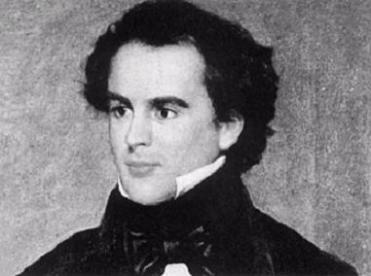 Image: From portrait by Charles Osgood, 1841
Image: From portrait by Charles Osgood, 1841
So here’s the thing: You have to know who you are as a writer. Educational schizophrenia will eventually catch up with you. I can’t be both Nathaniel Hawthorne and Ian Fleming. Perhaps there is a way to marry the two a bit, but I know now I need more lines like, “Bond’s gun spoke only once”. That might mean cutting a whole section and going a different way (a painful reality I’ve recently experienced) and it might mean having to get out of the editing frame-of-mind occasionally and getting into a creative one to come up with whole new scenes or new twists on old ones.
But the bottom line is that the (seemingly endless) revision process has finally taught me to not only accept, but to own who I am and what I’ve written. THE FOUNDING FATHERS is an action-adventure, and it is time I proved it.
Awesome Image: *SHARPWRITER at deviantart.com
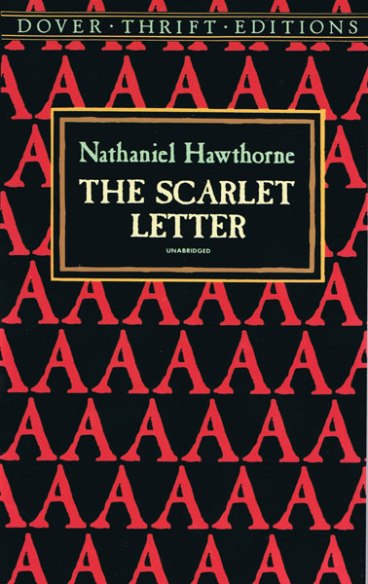
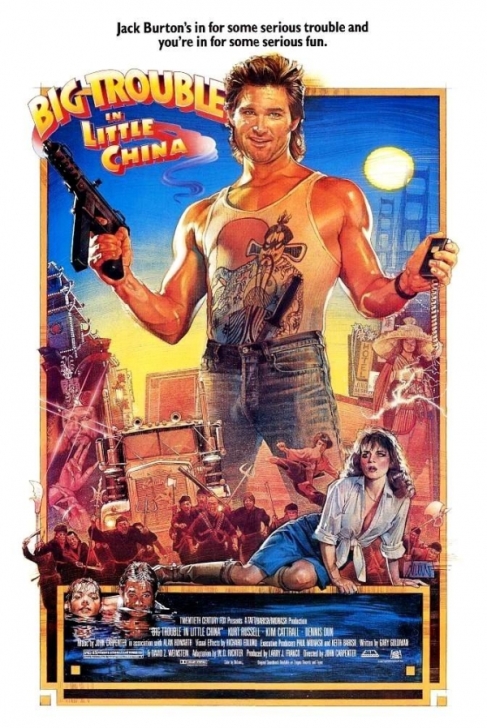
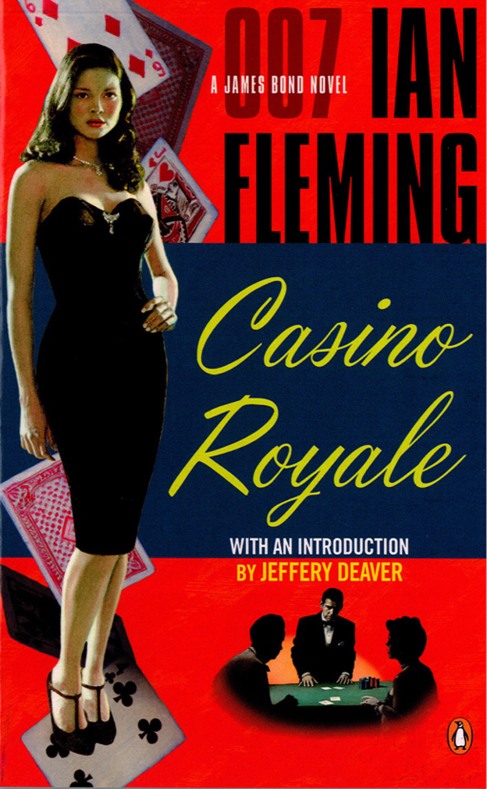
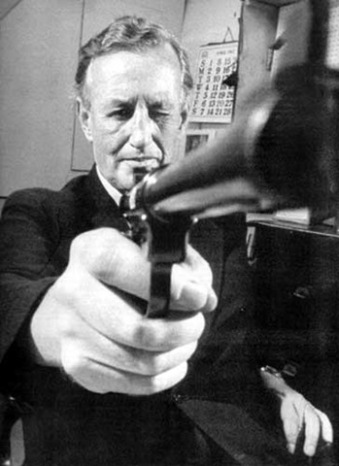

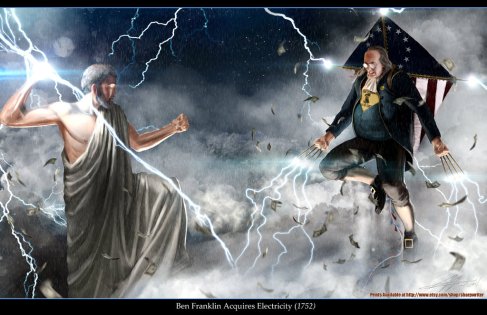
Really interesting post. I like how you describe your process in understanding your writing, particularly the tension between your love for movies and older books and how that has affected your writing.
Thanks for the comment!
I realize that as an author, I’m an odd duck – a fact that has often made me feel like I’m less of a legitimate writer than others. But I’ve definitely come around to embracing the things that make me different, and I’ve chosen to play to those strengths.
[…] Are you Hawthorne or Fleming? (allthingsscreen.wordpress.com) […]